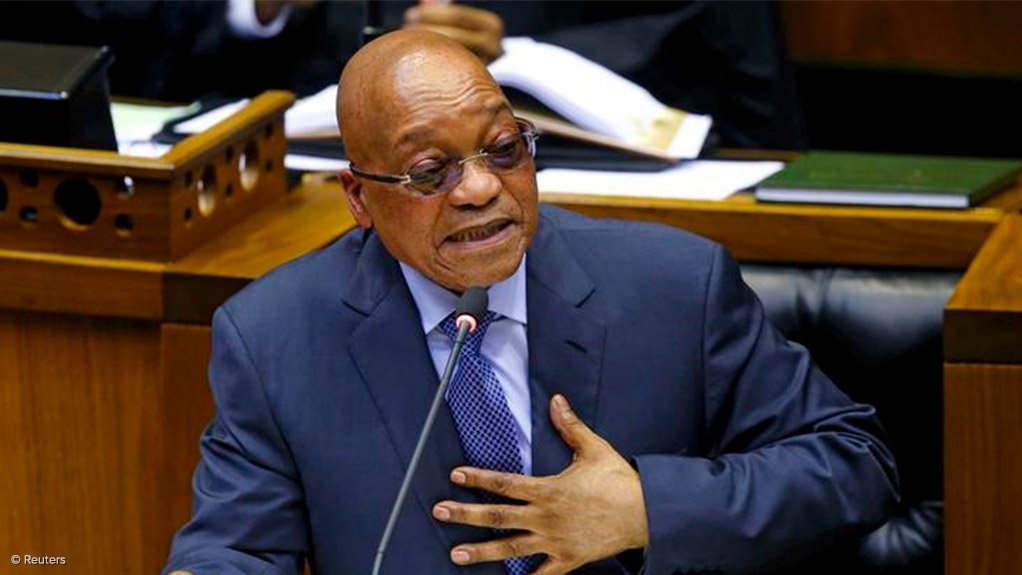President Jacob Zuma has also told Cabinet that he doesn't own a house in Dubai.
The Sunday Times published a report alleging that recently leaked emails confirmed that a mansion worth R330-million purchased by the Guptas in 2015 was intended for Zuma.
The home, located in the luxurious Emirates Hill suburb, has 10 bedrooms, 13 bathrooms, nine reception rooms, space for 11 cars and a large pool surrounded by palm trees. It is located in the same neighbourhood as a property owned by Zimbabwean President Robert Mugabe's wife Grace.
The Cabinet met on Wednesday, and on Thursday morning, Communications Minister Ayanda Dlodlo delivered the Cabinet's statement.
"Cabinet has noted with serious concern the media reports on the 'leaked emails' that are purported to implicate ministers, officials and private individuals in alleged wrongdoing," reads the statement.
"Cabinet remains fully committed to good governance and, at the same time, it also notes that all persons are presumed innocent until proven guilty in terms of our Constitution."
Fake news
Cabinet is aware that some cases have been opened and urged everyone with information about wrongdoing by government officials or ministers to inform law enforcement agencies.
"All who are affected by the emails are urged to co-operate with the law-enforcement agencies," reads the statement.
"President Zuma has rebutted the allegation that was published by a Sunday newspaper that he owns a house in Dubai in the United Arab Emirates."
The section of the statement dealing with the leaked emails follows a section dealing with fake news.
"Cabinet calls on South Africans to be vigilant of fake news, in particular the increase in false posts on social media over missing, kidnapped and abducted girls and women," reads the statement.
The statement attributes the recent outbreak of violence in KwaMashu to fake reports of children being abducted in the area.
It also pointed out that the alleged abduction of a girl in Naledi, Soweto by people in a Toyota Quantum with the registration number included that went viral on social media, was later found to be untrue.
"These hoaxes, fake news and the dissemination of false information cause panic among our communities and waste time and resources of the police. We appeal to people not to repost and disseminate fake news on social media, until they have verified the authenticity."
EMAIL THIS ARTICLE SAVE THIS ARTICLE
To subscribe email subscriptions@creamermedia.co.za or click here
To advertise email advertising@creamermedia.co.za or click here











